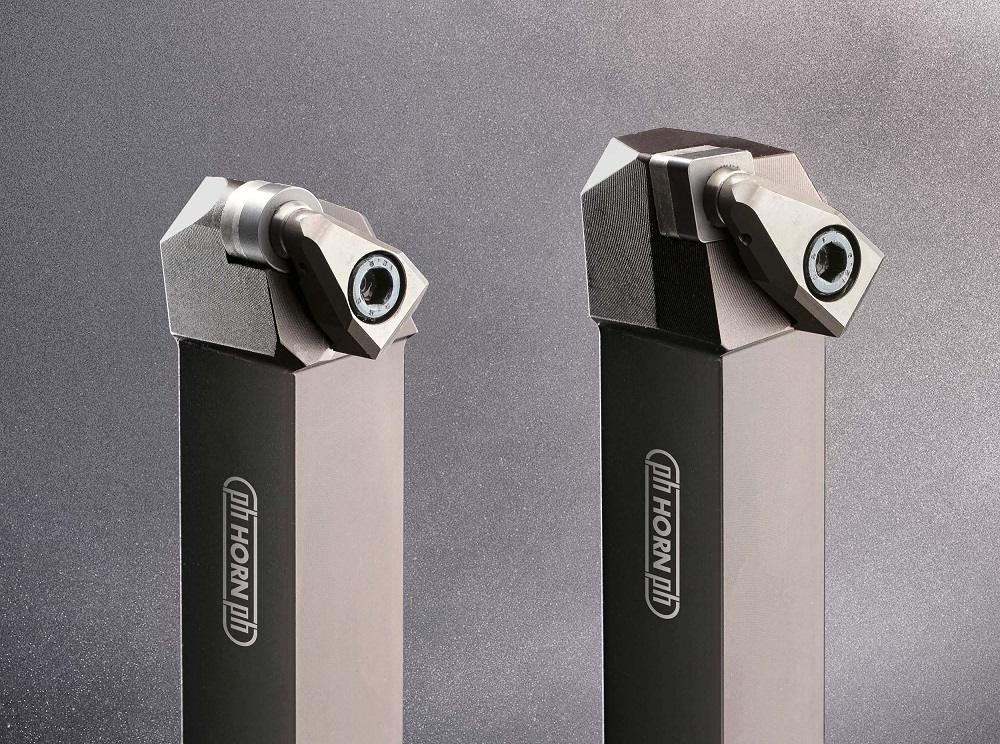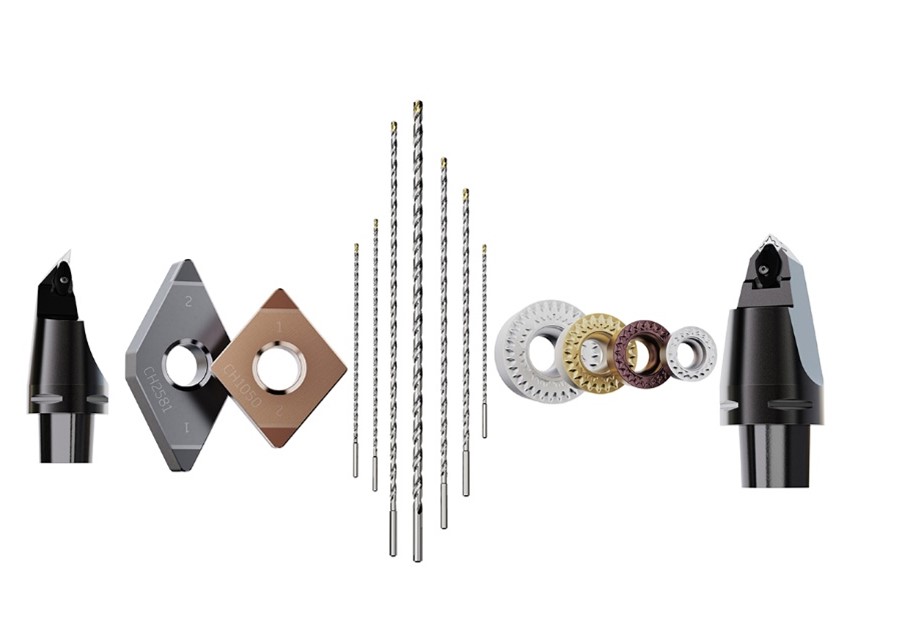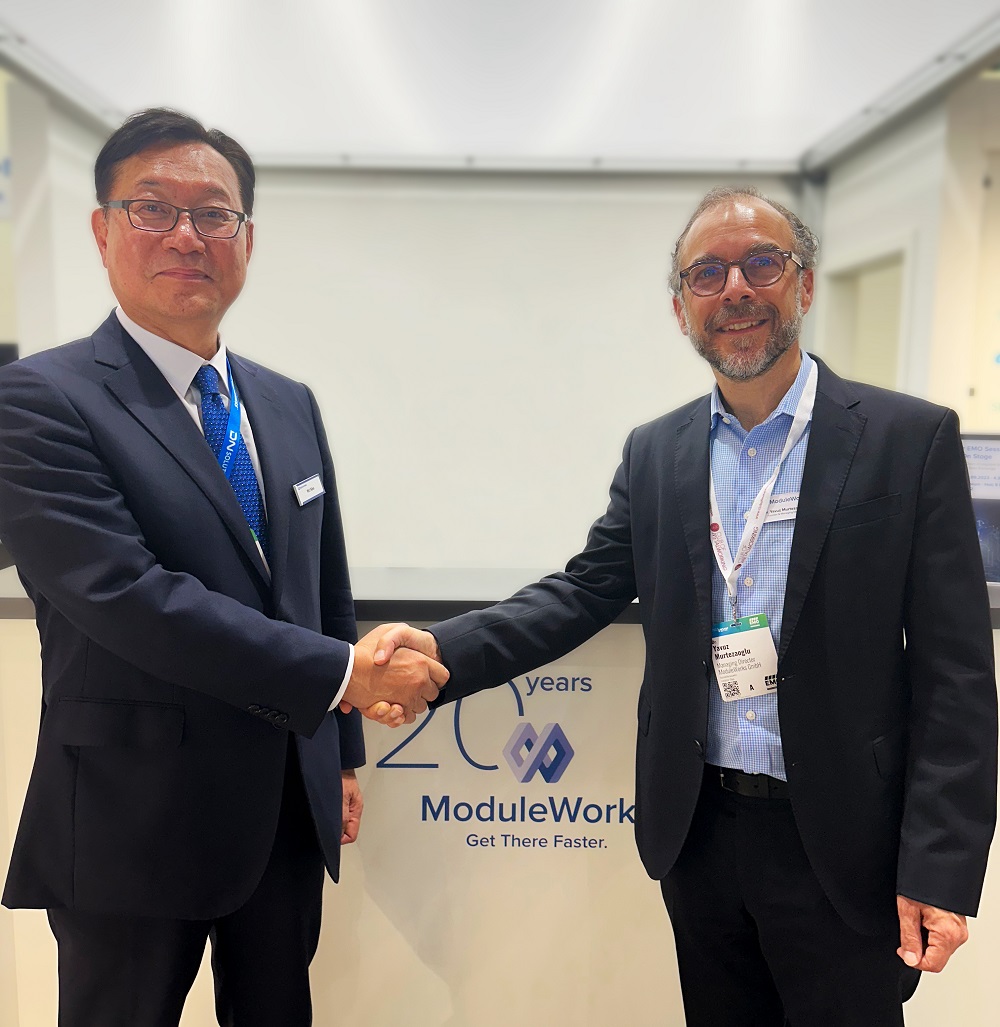Cutting tool manufacturer Horn is launching a new product range for the economic machining of brake discs. The range includes solid CBN ISO inserts, mainly for cast iron machining, and CBN-tipped full-radius and shaped inserts. The grade has no metallic bonding phase and therefore offers the highest hot hardness of all cutting materials. Stable tool carriers also feature in the offering.
For machining applications on a brake disc, Horn provides a solid CBN ISO S insert with eight cutting edges. In conjunction with the tool holder, the system is suitable for roughing and finishing. The neutral design of the inserts fully utilises the number of cutting edges. It means that eight cutting edges per ISO insert are available for most turning operations.
Cutting speeds of well over 1000 m/min, depths of cut of several millimetres and feed rates up to 0.7 mm/rev are typical when machining cast iron brake discs using a solid CBN insert. The tool system must be able to maintain high cutting performance and, above all, exhibit long tool life due to the cost per cutting edge of CBN. Depending on the operation and metal removal rate, it is possible to machine well over 1000 cast iron brake discs per insert corner.
Horn offers two different tool solutions for machining the heat dissipation grooves in the disc. The CBN-tipped S117 profile grooving insert is suitable for large batch production in terms of speed and tool longevity. During the process, each groove is produced in just under two seconds in a single operation. For greater flexibility, Horn’s S229 tipped, full-radius inserts offer the option of copy turning the grooves in around four seconds. Regrinding and re-tipping are possible with both types.For further information www.horn-group.com/uk



















